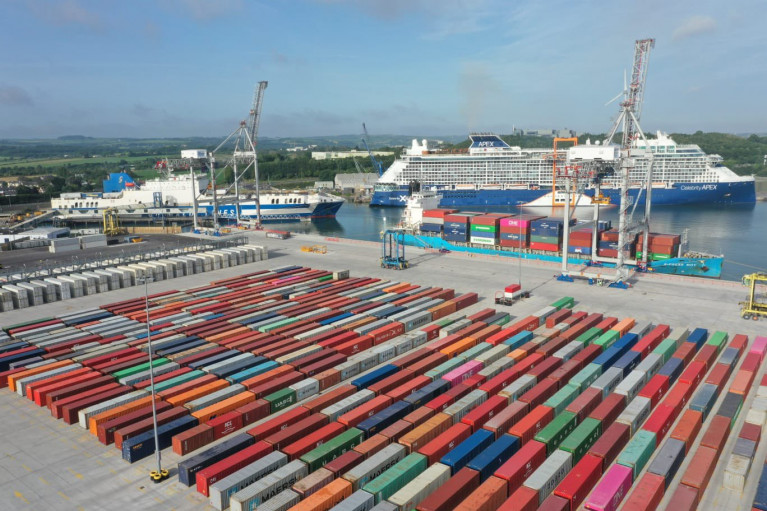Displaying items by tag: Report Brexit Effect
The impact of Brexit across many sectors in the South West, in particular in agriculture, finance, and industry is revealed in a new report that shows Cork’s long history of trade with Europe has helped to cushion the worst effects of Brexit for the city and the wider region.
The report, ‘Cork and the Brexit Effect’, published by University College Cork, looked at Brexit’s consequences for the Cork region.
It was developed with local business, the tourism sector, higher education, and arts and culture stakeholders across Cork.
The report noted that relations and links between Cork, the North, and the UK have been affected by the fallout from Brexit.
It showed, however, that while visits to the Republic of Ireland from Britain and the North fell following Brexit, the Cork region was comparatively less affected by shifting tourist numbers than other parts of Ireland.
The report also suggests that Brexit has presented Cork with new opportunities and highlights how, since Brexit, the Port of Cork has seen its number of direct shipping routes to continental Europe increase as producers look to avoid the UK land-bridge.
EchoLive has more on the report that also examines aspects on the EU’s second-largest English-speaking city
























































